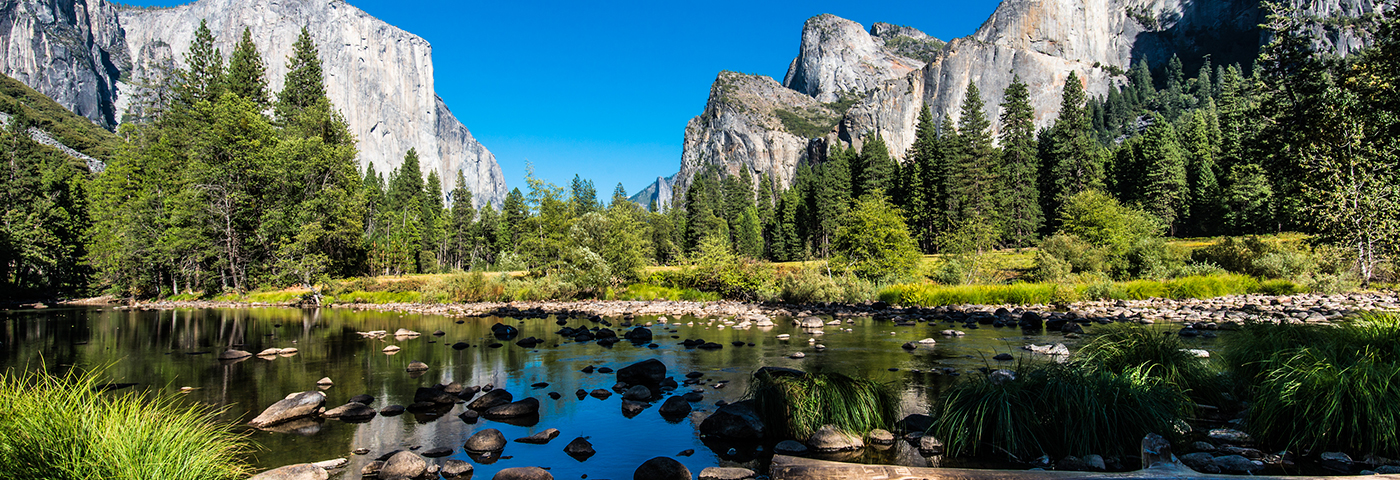by Luiz Del Vigna, ABETA
For the first time in history, more than half of the world’s population lives in urban areas. Part of it is confined to mega cities such as São Paulo, where more than 10 million inhabitants and their pets compete for space with millions of fossil-fuel powered vehicles.
We live in a frenetic, connected, competitive, noisy environment and spend a lot of time indoors and in artificial environments. Urban life offers conveniences, facilities and opportunities, but also distances us from natural environments, generates stress, anxiety disorders, violence, pollution along with so many other problems that affect health, creativity and well-being.
Studies of Neuroscience and Psychology show that nature and its elements would be powerful antidotes against the harmful effects caused by the hallucinating rhythm of urban life. This research suggests that Outdoor Living can save us from the daily poisoning that is caused by stress. The results prove that, simply by being in a natural environment, our brains would become more “relaxed”, thus releasing beneficial hormones throughout our entire bodies, especially our minds. In other words, Neuroscience has proved what we, in the eco-tourism and adventure tourism sectors, have long known, namely that “Nature is the best remedy for body and mind.”
And Nature is the essence of Brazil.
According a survey carried out by the World Travel and Tourism Council (WTTC), in which 141 countries were evaluated for the global ranking of competitiveness in tourism, Brazil stands out positively in relation to two items: 1st global position in Natural Resources and 8th global position in Cultural Resources. In terms of the overall ranking, Brazil is ranked 28th.
Brazil is the 5th largest country in the world in terms of area and population, it is one of world’s 10 largest economies, only speaks one language, has a wide and diversified variety of natural scenarios, good hotel facilities, a reasonable internal transport structure and a friendly and party-loving population. Despite all this scenario that is favourable to the development of our tourism sector, Brazil receives less than 7 million international visitors each year, which is little, very little.
Here at ABETA, which was founded in 2004, we believe that Brazil has all the conditions to be the country that is the world reference in terms of nature and sustainability tourism. Because we are fully aware of this potential, we are working to transform these natural and cultural riches into sustainable, safe, ethical products and services based on authentic, creative experiences.
One of Abeta’s actions was our joint work with the Ministry of Tourism and Sebrae Nacional (the Brazilian Support Service for Micro and Small Companies), running the Safe Adventure Program, which operated in 18 states, trained more than 5,000 professionals, promoted improvements in services and safety in activities, by means of the establishment of a set of 32 Technical Norms applicable to ecotourism and adventure tourism. Two of these Technical Norms have been adopted by the international community, becoming ISO 21101 and ISO 21103. The program also promoted the generation of jobs and income and encouraged public use of Brazil’s National Parks. As a result, the Conservation Units managed by ICMBio (the Chico Mendes Institute of Conservation of Biodiversity) registered a 320% increase in the number of visitors over the last ten years.
Even so, the number of visitors to our parks is still very small. Brazil has 70 National Parks. Out of these, according to the NGO SOS Mata Atlântica, only 26 are actually open for visits, and only 18 have an appropriate minimum structure. People need to discover that Brazil’s Parks can be a source of pleasure, knowledge and health through living close to nature. We need to get to know and value protected areas with the degree of importance that they deserve, in addition to promoting and encouraging diverse visits. Positive initiatives, such as the recent inauguration of the Transcarioca, a 180-km trail that connects a number of different conservation units in the city of Rio de Janeiro, should be celebrated.
Last but not least, we believe the strengthening the culture of outdoor living and learning to appreciate Brazil’s Natural Parks are strategic elements for the sustainable, creative development of Brazil. The current strategic challenges of global geopolitics consist of finding complex economic, social and environmental problems, and in this scenario, ecotourism and adventure tourism can help point the way for the sustainable development of society.
Luiz Del Vigna is the Managing Partner of Nomad Brasil Consultoria e Turismo. Founder of ABETA – Brazilian Association of Ecotourism and Adventure Tourism Companies. Currently the entity’s Vice-President.
The opinions expressed in this text are the author’s opinion and do not necessarily reflect the position of WTM Latin América.


